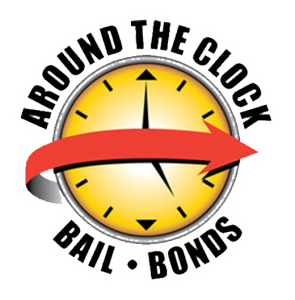Cash, Surety and Immigration Bonds
When someone you love is jailed, it can feel like the world is crashing in. You want to help but aren’t sure what to do – and there are so many legal terms to understand! Words like “bail,” “cash bond,” “surety bond” and “bondsman” may be used, or even “immigration bond,” depending on the reason for arrest. If you’ve never heard these terms before, they can be very confusing. What do they mean? Which one is best? Here is a short guide to help with the basics, so you have the information you need to make the right choice.
First, the word “bail.” Bail is the money that is paid to get someone out of jail until their case has been decided. There are three main ways bail can be paid – by cash bond, by surety bond or by immigration bond.
Cash Bonds
A cash bond is exactly what it sounds like – cash, paid to the court by the arrestee or a friend or family member. If the arrestee shows up for court as required, the person paying cash bail might be able to get some of it back, although the court will deduct fees and charges from the amount it returns. However, there can be drawbacks to this approach. Often, bail is set too high to be affordable. Also, the court may view the arrestee’s ability to come up with cash as an indication they are able to pay higher court costs/fees and hire a private attorney. In addition, the cost of a public defender, if used, can be deducted from the amount returned.
Surety Bonds
A surety bond, on the other hand, requires hiring a bail bondsman, who is paid a fee equal to a percentage (usually 10-20%) of the bail amount set. A contract is signed stating that the signer will be responsible for paying the rest of the bail if the arrestee fails to appear for court. The bondsman may also require the signer to put up property as collateral in case the arrestee fails to appear. The benefits of this are that the out of pocket expense is far less, the use of a bondsman won’t be considered an indication of an ability to pay higher fees/costs and it won’t negatively affect the arrestee’s ability to qualify for a public defender. On the other hand, the percentage paid to a bail bondsman is his fee and will not be returned to the person who signs the contract even if the arrestee does everything s/he is supposed to do. And in cases where collateral was required, the person signing with the bail bondsman could lose the property used for collateral if the arrestee doesn’t show up for court.
Immigration Bonds
Immigration bonds are used when an individual is arrested for being in the United States illegally. There are two types. Delivery bonds are used to ensure that the detainee will show up to immigration hearings as required, much like the ones described above. Voluntary departure bonds, on the other hand, are used to ensure that the detainee will leave the country at his/her own expense by the date stipulated. Both of these types can be paid for by cash or by surety bonds as described above and with many of the same benefits and drawbacks.



